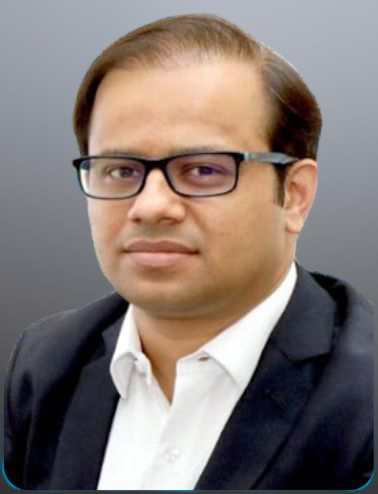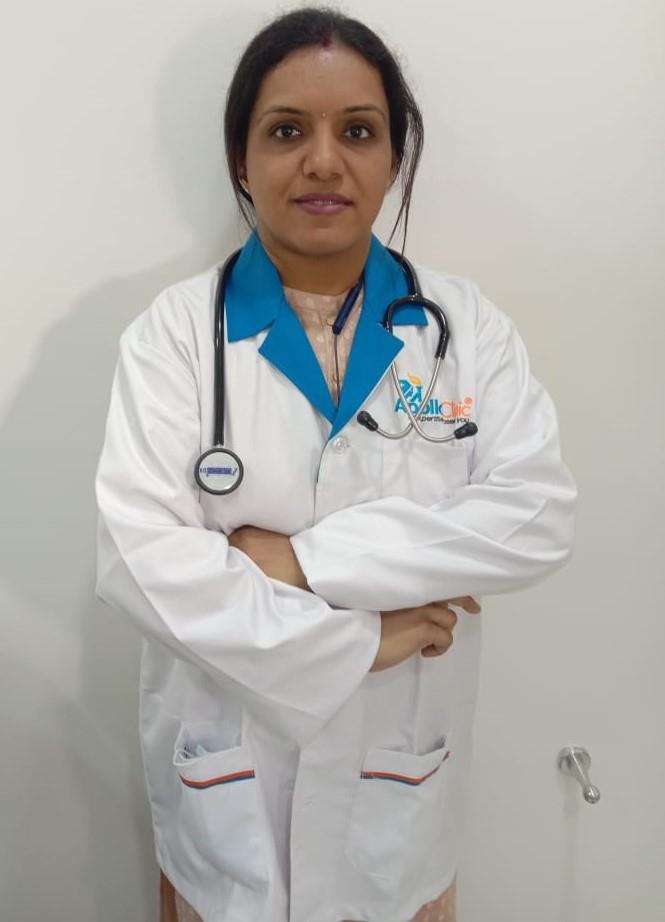Best Doctors for Muscular Dystrophy in Indore
Muscular dystrophy refers to a group of genetic diseases causing progressive weakness and loss of muscle mass. These are caused by mutations in genes responsible for the structure and functioning of muscles. These mutations disrupt the production of proteins essential for healthy muscle functionality, leading to muscle degeneration and weakness over time. The disease primarily affects voluntary muscles, resulting in difficulty in movement, walking, and coordination. Though different forms of muscular dystrophy affect different sets of muscles and have distinct progression patterns, they all involve the gradual weakening of muscles.
Located in the heartland of India, Indore is known for its vibrant bazaars and rich history. The residents of this city seek guidance and treatment for various diseases and conditions, one being muscular dystrophy. Fortunately, Apollo Hospitals Indore houses some of the best muscular dystrophy specialists and neurologists who adopt a comprehensive diagnostic approach, which is essential for accurately identifying the specific type of muscular dystrophy and developing an appropriate treatment plan.






 Call Now
Call Now




